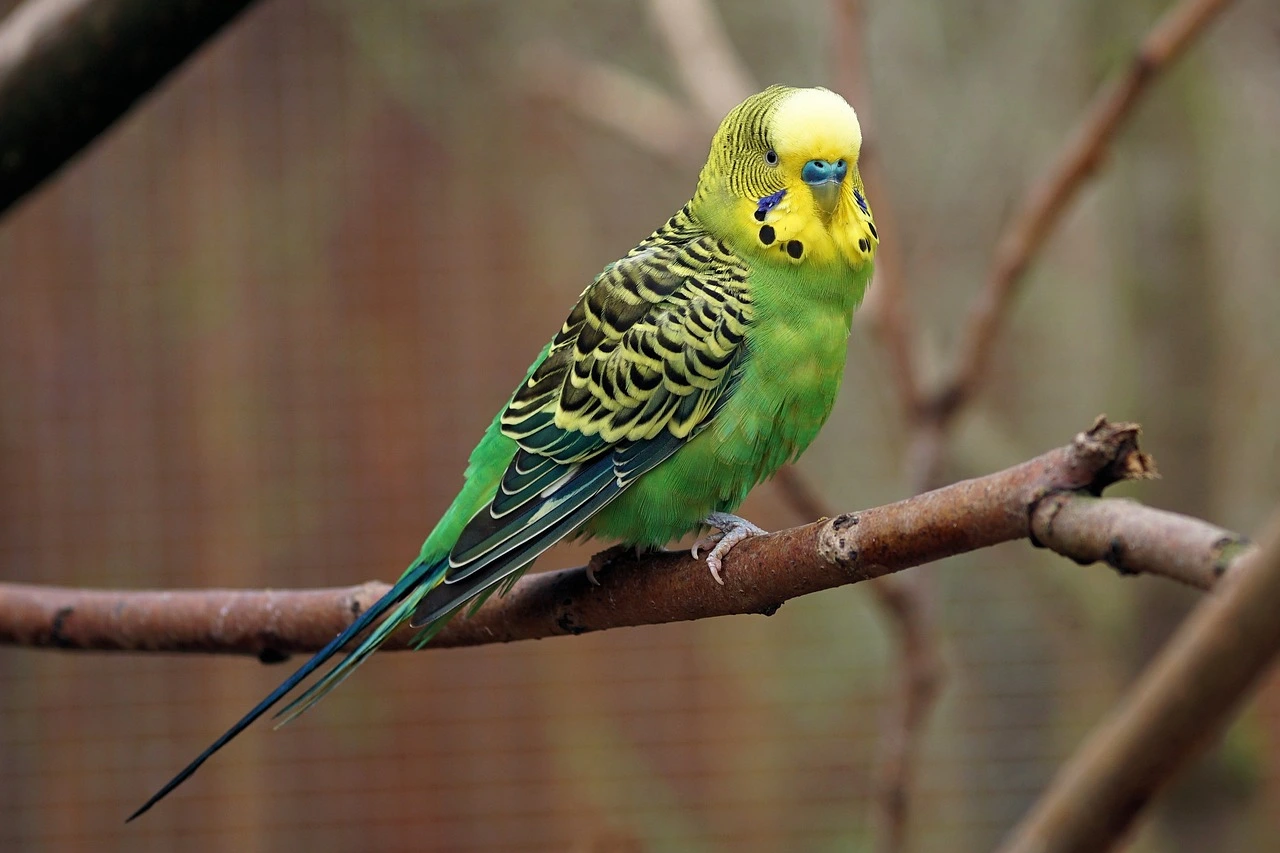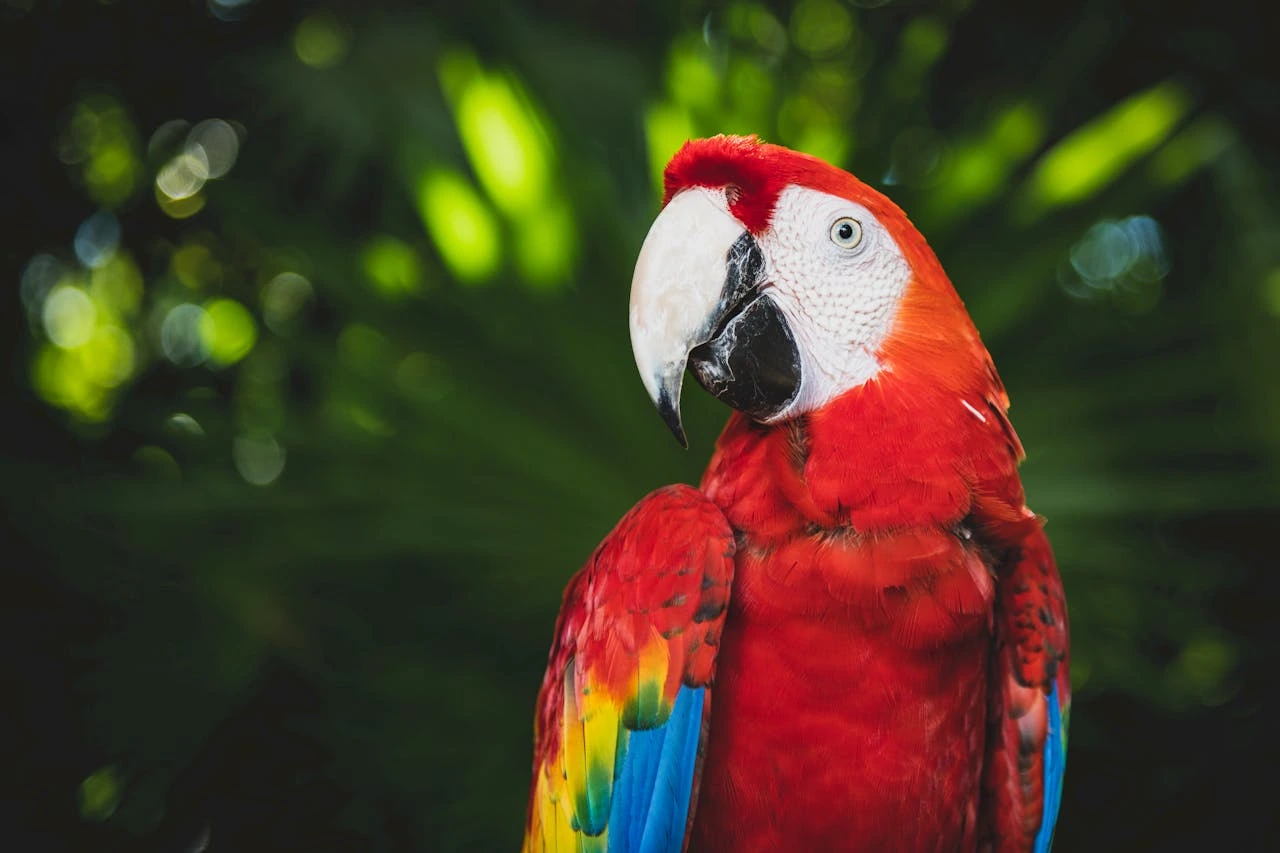Looking to import pet birds into the UK but feeling lost? Don’t worry, we’ve got you covered. This guide will walk you through the entire process, step by step. The UK has strict but necessary rules in place to protect both animal health and public safety, with your pet bird’s well-being at the heart of it all.
These regulations, set by DEFRA and APHA, are designed to make your bird’s journey as safe and secure as possible. By following these guidelines, you’re doing more than just filling out forms, you’re securing your pet’s comfort, safety, and peace of mind. It’s not just about paperwork; it’s about giving your pet bird the travel experience they deserve.
Whether you're importing a parrot, macaw, cockatiel, budgie, or any other pet bird, James Cargo offers safe and compliant bird transport services. Contact us today!
-
1. Understanding the Guidelines to Import Pet Birds into the UK
Before you start planning the journey, it's crucial to know what pet birds are classified as by UK authorities. Pet birds are those that accompany their owners, and they are not intended for sale, breeding, or meat production. The UK allows the import of a maximum of five pet birds at a time. This limit ensures that birds entering the UK are well cared for and helps prevent the spread of diseases.
If you’re bringing a pet bird from outside the EU, you must adhere to DEFRA’s regulations and guidelines, which are enforced by the APHA. The paperwork and steps may seem overwhelming, but these rules are in place to protect your bird and other animals in the UK.
-
2. Health Certification and Documentation for Pet Bird Imports
One of the first things to note is that your pet bird must have the right health certificate. A health certificate, signed by an official veterinarian from the country of origin, is a vital part of the process. This certificate will confirm that your bird is free from any contagious diseases and fit for travel. Click here for a model health certificate for live birds. A 'Declaration by the owner or their representative,' as mentioned in Article 1(3) of Decision (EC) 2007/25.
For birds coming from non-EU countries, an import license from the APHA’s Centre for International Trade (CIT) is required. Even though pet birds from EU countries are exempt from this license until late 2024, it's always best to double-check for any updates on the requirements.
-
3. Identification and Travel Containers for Importing Pet Birds
Identification is crucial. Your pet bird must be clearly identifiable, whether by a microchip, leg band, clip, or tag. It helps to get your pet bird traced and verifies the accuracy of all documentation.
When it comes to the journey itself, the travel container is equally important. It must comply with the International Air Transport Association (IATA) standards. The container should be secure, well-ventilated, and large enough for your bird to move around comfortably. A clean, disinfected container will also prevent any potential health risks during the journey.
-
4. Approved Points of Entry to Bring Pet Birds into the UK
Your pet bird must enter the UK through an approved point of entry. If you’re bringing your bird from outside the EU, make sure to check the designated airports and ports where pet birds are allowed to enter. Heathrow, Gatwick, and other major airports are the common entry points.
If your bird is from the EU, it can enter through any point until late 2024. After that, restrictions will apply, so staying informed is essential. For pets needing the permit of Convention on International Trade in Endangered Species of Wild Fauna and Flora (CITES) for import or export, they need CITES approved points of entry.
Need help with pet bird import to the UK? Whether it’s a parrot, macaw, budgie or another pet bird, trust James Cargo’s expertise and professional experience. Request a quote now!

-
5. Veterinary Checks for Pet Bird Imports
To avoid any delays, you must notify the APHA at least one working day before your bird arrives. The notification process is straightforward but vital in confirming that the correct checks are in place.
Once your bird has arrived from a non-EU country, it will undergo veterinary checks by APHA staff at the approved entry point. These checks are designed to make sure that your bird poses no risk to public health and animal welfare. The birds who need CITES checks do not need to do it.
Learn more on: Bringing Birds to the UK
-
6. Animal Welfare During Pet Bird Transport
Animal welfare is a top priority throughout the import process of your pet bird. The welfare of your bird during travel is not just a requirement, it’s a responsibility. The regulations are designed to minimize stress and discomfort for animals on their journey. You’ll need to make sure that your bird travels in a safe, secure, and comfortable environment.
This includes choosing the right travel container, keeping the temperature and duration of the journey appropriate, and checking your bird is properly hydrated.
-
7. Special Considerations for Northern Ireland, Channel Islands, and Isle of Man
Current regulations remain in place, so these movements must adhere to the General Licence. Shipments must meet the licence conditions, which may include the need for a health certificate.
-
8. Pet Bird Import Rules for Endangered Species
If your pet bird is an endangered species, extra steps are required. Birds protected by the Convention on International Trade in Endangered Species (CITES) will need special permits before they can be imported into the UK. CITES permits help ensure that the international trade of wildlife does not threaten species with extinction. It needs to be issued 30 days prior to the import and adhere to CITES regulations.
-
9. Stay Updated and Informed
Regulations and health guidelines are always subject to change, so it’s important to stay informed. DEFRA and APHA frequently update their rules to reflect new health concerns, emerging diseases, or other relevant factors. Keeping up with these changes will help you avoid any unexpected complications and assure that your bird’s journey is as smooth as possible.
James Cargo Service for Pet Bird Travel
At James Cargo Services, we specialize in pet bird import or travel and have been trusted for over 20 years. We are DEFRA-approved and strictly follow APHA and CITES regulations to make sure all preparations and paperwork for your pet's travel and import are handled professionally.
Rely on our experience and expertise for a hassle-free process. Get a personalized pet bird travel quote today!
Conclusion: How to Import Pet Birds to the UK
Importing your pet bird to the UK can feel overwhelming, but by following the DEFRA and APHA guidelines, you’re ensuring a safe and legal journey for your pet bird. Each step you follow, from securing the right health certificates to assuring proper travel conditions, is a reflection of your love and care for your bird.
As you prepare for your bird’s arrival, remember that the process is designed to protect both your pet and the broader animal community. By staying informed and following the guidelines, you’ll make sure your feathered friend has a safe, happy transition into their new home in the UK.
